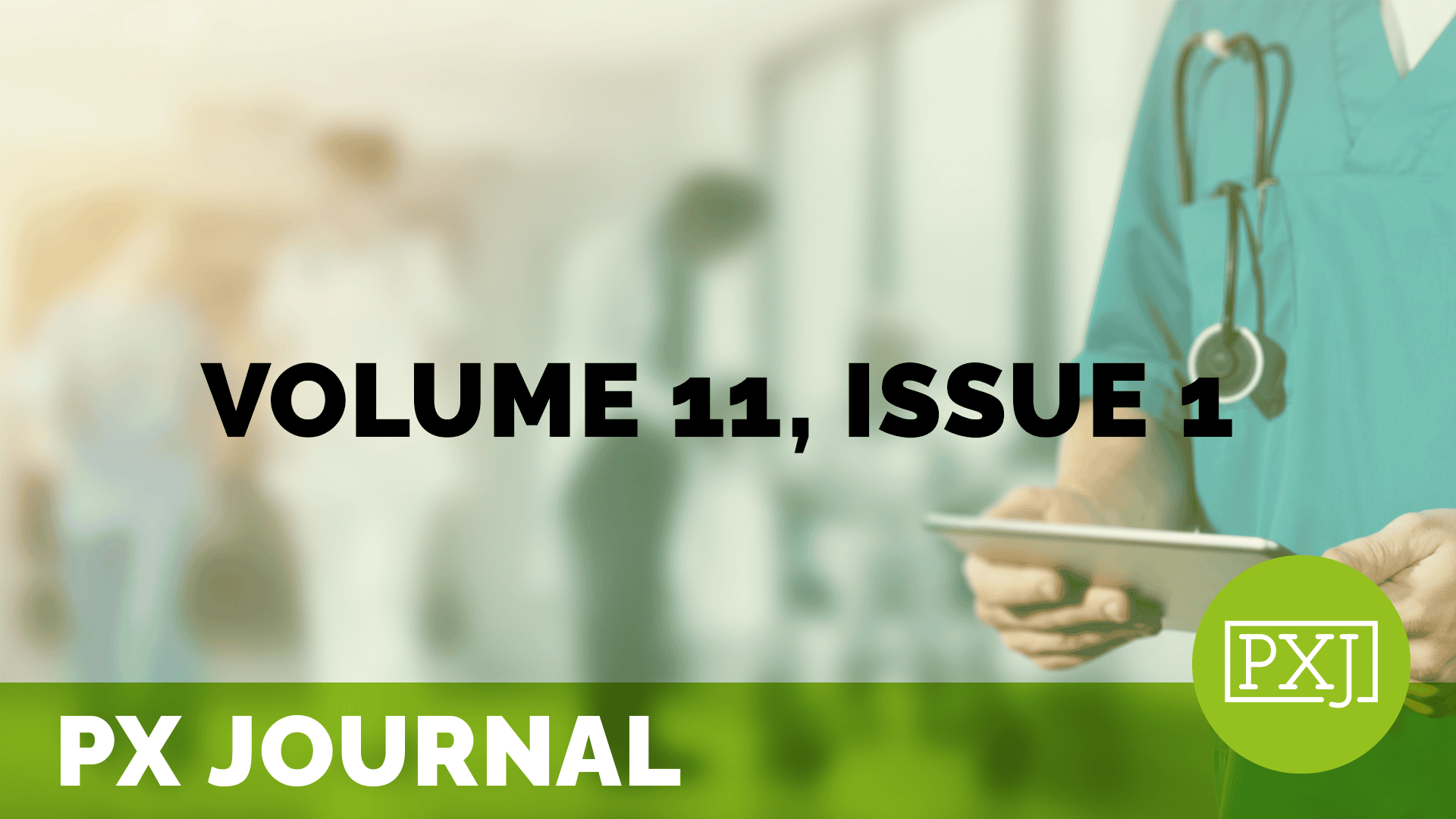The Legitimacy of the Patient Story: The Unofficial Autoethnography

While communication is the foundation of patient experience, survey data and comments are the primary source of results. The focus on data, though meaningful, reduces humans to text on reports. With a focus of autoethnography in both her baccalaureate and post-graduate studies, the author, (a fulltime patient experience professional) shares her professional focus on the value of the data and comments, esteeming it all as valuable research given by the only people who can report patient experience – patients. She compares her stance regarding patient experience before and after receiving a diagnosis of breast cancer. The author shares how the experience as a patient with a life-threatening illness impacted her professional beliefs, including demonstrating purposeful, personal concern for patients, valuing patient experience data and comments, and encouraging others to do the same.
Related content
-
 Patient Family & Community Engagement
Patient Family & Community EngagementAdolescents with Cystic Fibrosis Expressing their Possible Selves through Photovoice: a Longitudinal Interpretative Phenomenological Analysis to Prepare a Peer Support Intervention for Healthcare Transitions
While the transition from pediatric to adult care has become a field of study and practice focused on preparing the adolescent to “become an adult with a chronic condition”, we are conducting participatory research to develop, implement, and evaluate a peer-support intervention aimed at supporting transition from pediatric to adult care for adolescents living with
Learn more -
 Culture & Leadership | Patient Family & Community Engagement | Staff & Provider Engagement
Culture & Leadership | Patient Family & Community Engagement | Staff & Provider EngagementThe “What Matters to You” Movement: Fostering Sustainable Change in Healthcare
Are you curious about how to ignite a movement within your organization that enhances care quality and workforce well-being and delivers a return on investment? Inspired by the global What Matters to You (WMTY) movement, this webinar will showcase successful improvement initiatives that have led to better quality outcomes, increased joy in work, and financial
Learn more -
 Infrastructure & Governance | Patient Family & Community Engagement
Infrastructure & Governance | Patient Family & Community EngagementStarting a Pediatric Parent Advisory Council: Overcoming Adversity
Creating a Pediatric Parent Advisory Council (PPAC) can be a transformative way to enhance family-centered care. Join us as we share our journey from the early stages of conceptualizing a PPAC, through navigating the challenges of the COVID-19 pandemic, to launching a council that has grown and thrived since August 2021. With 16 active parents
Learn more
